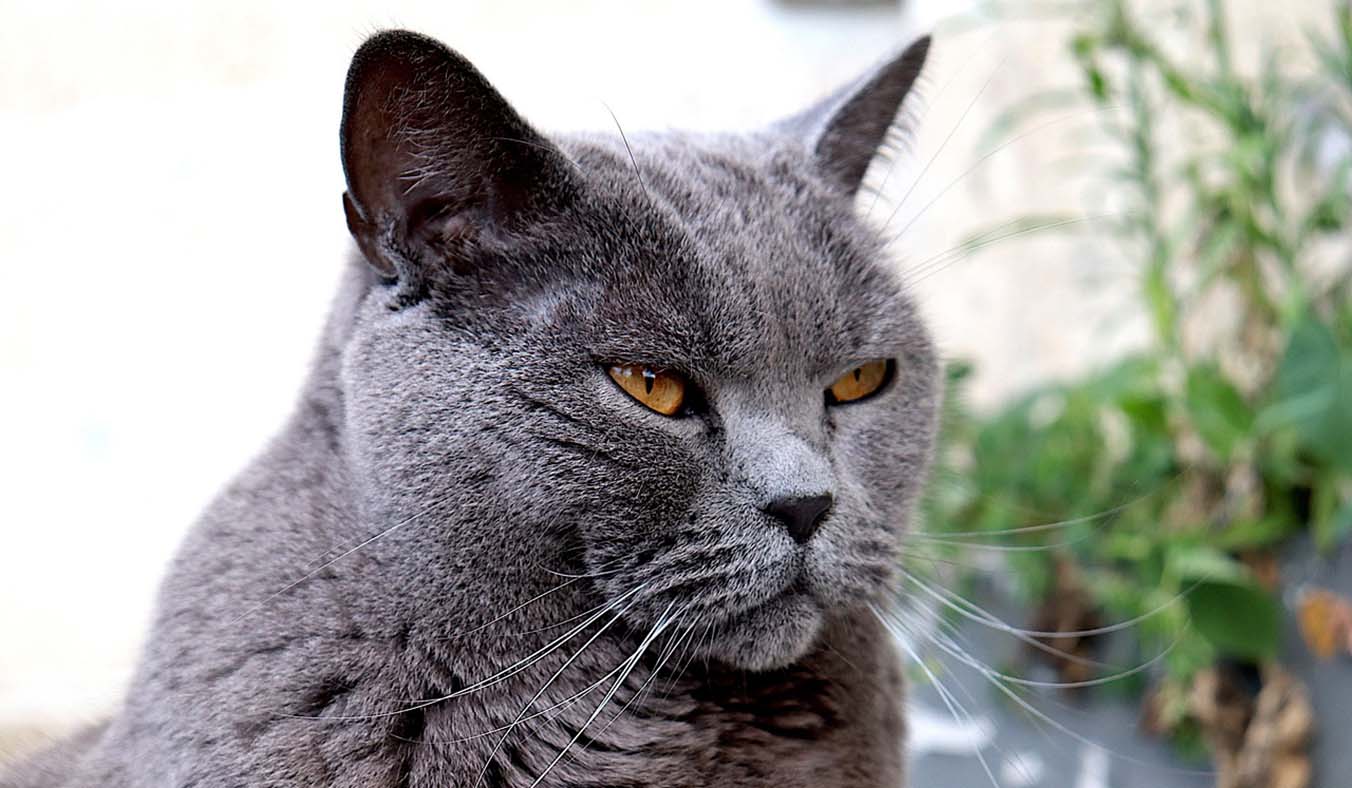As people age, having a dog as a companion can provide comfort, companionship, and even health benefits. However, not all dogs are suitable for seniors, and selecting the right one requires careful consideration of various factors. From the dog’s temperament to its physical needs, it’s essential to choose a breed that aligns with the senior’s lifestyle and abilities. Below are some key considerations when selecting a dog for an elderly person, along with recommended breeds.
Key Qualities of a Dog for Seniors
When choosing a dog for a senior, it is important to keep the following aspects in mind:
- Energy Levels and Exercise Needs:
Seniors may not have the energy or strength to engage in long walks or high-energy play sessions. Therefore, it is essential to select a breed that has lower exercise requirements and can be content with shorter, more relaxed walks. - Size of the Dog:
Smaller dogs are typically better suited for seniors because they are easier to manage, both physically and financially. Large breeds can be more challenging to walk, control on a leash, and care for in terms of food and exercise. Smaller dogs, in contrast, are often more manageable and require less food, making them a practical choice. - Temperament and Trainability:
It’s important to choose a dog with a calm and easygoing temperament. Dogs that are overly energetic or aggressive can be challenging to handle. Additionally, dogs that are easy to train and have a good social nature will better fit into a senior’s daily life. - Health Considerations:
A senior’s physical capabilities may influence the choice of dog. Breeds with fewer health problems or those that do not require frequent medical care may be preferable. Additionally, consider the dog’s grooming needs and any special care it might need, as seniors may not have the time or strength for frequent grooming sessions.
Is a Puppy a Good Choice for a Senior?
While puppies can be adorable and full of life, they require more attention and training than adult dogs. For seniors, raising a puppy can be challenging due to the puppy’s high energy, need for constant supervision, and training requirements. Puppies are also more prone to accidents (like chewing or housebreaking issues), which may be difficult for seniors to manage.
If a senior is determined to get a puppy, it’s important to consider getting one that is less demanding in terms of energy. However, an adult dog or a dog from a shelter that is already trained may be a more practical option.

Recommended Dog Breeds for Seniors
For seniors who prefer to adopt a dog, here are some dog breeds that are known for being good companions for older adults:
- Pug:
Pugs are friendly, affectionate, and easygoing. They are not overly energetic and require only moderate exercise, making them a great option for seniors. Their small size also makes them easier to manage. However, they can be prone to respiratory issues and obesity, so regular veterinary care is essential. - Poodle (Miniature or Toy):
Poodles are highly intelligent and trainable. They are calm and not overly energetic, though they do enjoy playtime and mental stimulation. Regular grooming is necessary to maintain their coat, but this can also serve as a bonding activity for the senior owner. - Yorkshire Terrier:
Known for their loyalty and sociable nature, Yorkies are small and easy to handle. They are energetic and love to learn new tricks, making them great companions for seniors who are looking for a more active dog. However, they do require regular grooming to keep their coat in good condition. - Shih Tzu:
The Shih Tzu is a calm and friendly breed that enjoys being indoors. They are well-suited for apartment living and are less demanding in terms of exercise. Shih Tzus are generally independent but still crave companionship, making them ideal for seniors who may spend a lot of time at home. Regular grooming is necessary. - Cavalier King Charles Spaniel:
These dogs are known for being gentle, affectionate, and adaptable to various living conditions. They are small, friendly, and well-suited for seniors who want a calm, loyal companion. They enjoy companionship and moderate playtime but do not require excessive exercise. - Chihuahua:
Chihuahuas are small, making them easy to handle and care for. They are affectionate and bond closely with their owners, often forming strong attachments. While they are energetic, they do not require long walks, making them suitable for seniors with limited mobility. - Bichon Frise:
This breed is friendly, cheerful, and relatively low-energy. Bichon Frises are also hypoallergenic, making them a good choice for seniors who may have allergies. They are small and adaptable, though they do need regular grooming.

Alternatives to Owning a Dog for Seniors
For seniors who may not be able to take on the responsibility of owning a dog, there are still options to experience the companionship of a canine:
- Volunteering at a Shelter:
Many seniors find joy in volunteering at local animal shelters. By spending time with dogs, feeding them, and taking them for walks, seniors can enjoy the benefits of being around dogs without the full responsibility of ownership. Volunteering can also provide a sense of purpose and social interaction. - Canine Therapy Programs:
Canine therapy programs offer seniors the opportunity to interact with therapy dogs. These programs allow seniors to enjoy the emotional benefits of being around dogs while engaging in activities like petting, playing, and walking the dogs. It’s a great way to boost mood and improve mental health. - Pet Sitting:
Another option for seniors is to become a pet sitter for friends or family members. This allows them to spend time with dogs, take care of them, and enjoy companionship without the long-term commitment of dog ownership.
Choosing the right dog for a senior involves considering factors such as energy level, size, temperament, and care needs. Small, calm, and easy-to-handle breeds are often the best fit for seniors. Additionally, alternatives like volunteering or participating in therapy dog programs can also provide companionship and emotional benefits for seniors who may not be able to commit to owning a dog full-time. Ultimately, the right choice depends on the senior’s lifestyle, health, and preferences.



